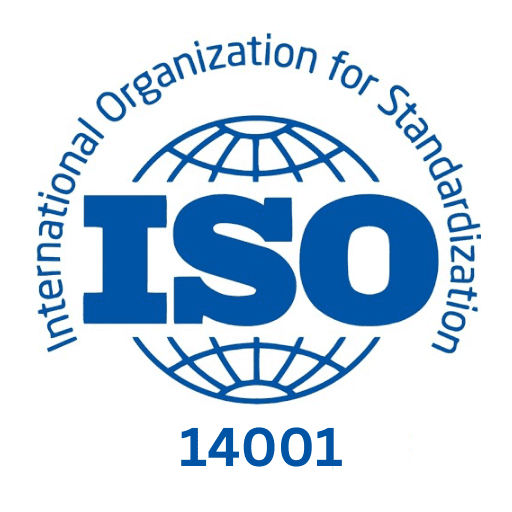ISO Certifications
What is ISO 14001?
ISO 14001 is an internationally recognised environmental management system (EMS) standard designed to help organisations effectively manage their environmental responsibilities. It provides a framework for organisations to develop and implement policies and procedures that minimize their impact on the environment. ISO 14001 sets out the criteria for establishing an EMS, including identifying and assessing environmental aspects, setting objectives and targets, and implementing effective controls and monitoring systems. By adopting ISO 14001, organisations can demonstrate their commitment to environmental sustainability, enhance their reputation, and improve their overall environmental performance.
This standard promotes a systematic approach to environmental management, enabling organisations to identify and mitigate risks, comply with applicable environmental laws and regulations, and continually improve their environmental performance. ISO 14001 is applicable to organisations of all sizes and sectors, providing a solid foundation for sustainable business practices and a positive contribution to a greener future.


What is ISO 45001?
ISO 45001 is an internationally recognised occupational health and safety management system standard designed to help organisations ensure a safe and healthy working environment for their employees and stakeholders. It provides a framework for organisations to identify and manage workplace hazards, prevent accidents and injuries, and continually improve their occupational health and safety performance. ISO 45001 sets out the criteria for establishing a management system, including hazard identification, risk assessment, and the implementation of controls and measures to minimise risks. By adopting ISO 45001, organisations can demonstrate their commitment to the well-being of their workforce, enhance their reputation, and create a culture of safety throughout the organisation. This standard promotes a systematic approach to occupational health and safety, enabling organisations to prevent incidents, comply with applicable laws and regulations, and foster a safe working environment. ISO 45001 is applicable to organisations of all sizes and sectors, providing a solid foundation for effective workplace safety management and the protection of human lives.



